|
Donald Trump has been obsessed with tariffs for decades and would love to take our economy back to the 19th century when a large part of the federal government’s revenue came from tariffs on imported goods. Even though the U.S. is the wealthiest country, he is convinced that the rest of the world has been “ripping us off for years” and it’s time for that to change. His solution is to impose a minimum 10% tariff on all imported goods. Of course, the economic benefits to our country will only work if our trading partners cave in to Trump’s demands and don’t impose retaliatory tariffs of their own. Most economists, Federal Reserve Chairman Jerome Powell and JPMorgan Chase (the country’s largest bank) all agree that tariffs are inflationary and will increase the odds of a recession. Trump is taking a huge gamble with our economy, the financial well-being of Americans, and the global trading system that the U.S. has prospered under for decades. To justify his unprecedented tariff polices Trump has declared a national emergency to strengthen the international economic position of the United States. This explanation is weak at best considering that Trump inherited an historically strong economy by most measures. Here's What the White House is Saying: This was posted by the White House on April 3, 2025. What is Liberation Day and how does it affect me? President Donald J. Trump has declared a national emergency to tackle unfair trade practices and restore economic sovereignty. Through reciprocal tariffs, he aims to protect U.S. industries, re-shore manufacturing, and strengthen national security. These measures address trade imbalances, reduce dependence on foreign supply chains, and promote "Made in America" to drive economic growth and safeguard American prosperity. Read the Executive Order What are the current problems with trade?
What does the Executive Order address?
How does the Executive Order impact me?
How much are other countries being charged? View Tariffs to Other Countries Here ✅ FACT SHEET President Donald J. Trump Declares National Emergency to Increase our Competitive Edge, Protect our Sovereignty, and Strengthen our National and Economic Security PURSUING RECIPROCITY TO REBUILD THE ECONOMY AND RESTORE NATIONAL AND ECONOMIC SECURITY: Today, President Donald J. Trump declared that foreign trade and economic practices have created a national emergency, and his order imposes responsive tariffs to strengthen the international economic position of the United States and protect American workers. · Large and persistent annual U.S. goods trade deficits have led to the hollowing out of our manufacturing base; resulted in a lack of incentive to increase advanced domestic manufacturing capacity; undermined critical supply chains; and rendered our defense-industrial base dependent on foreign adversaries. · President Trump is invoking his authority under the International Emergency Economic Powers Act of 1977 (IEEPA) to address the national emergency posed by the large and persistent trade deficit that is driven by the absence of reciprocity in our trade relationships and other harmful policies like currency manipulation and exorbitant value-added taxes (VAT) perpetuated by other countries. Continue Reading What Does Trump Really Want to Accomplish with Tariffs: It seems that even the Trump Administration is confused about what it is attempting to accomplish with its tariff policies. Are the tariffs part of a negotiating tactic which will be temporary in order for Trump to extract some unknown concessions from trading partners? Or are the tariffs meant to raise revenues and bring back U.S. manufacturing, which would suggest that they are permanent? This uncertainty further erodes confidence that the U.S. is a reliable trading partner and continues to throw financial markets around the world into turmoil. During his campaign Trump promised to impose tariffs on foreign goods once he regained the White House. But he is after much more than just fulfilling a campaign promise. Here are perhaps some of his motivations:
What Trump Doesn't Seem to Understand: The imposition of broad import tariffs has been tried before and has been a colossal failure. Families and the overall economy will suffer because tariffs are a tax on the U.S. consumer. The producer and foreign country from which the product is shipped don’t pay the tariff. It is the importer or buyer within our country that pays the tariff, and to recoup the cost of the tariff they must increase prices to the end user. The whole point of tariffs is to make the price of U.S. produced goods more competitive with foreign made goods. Without the foreign competition, prices on U.S. products will tend to increase. Coupled with higher priced foreign goods inflation will increase, the very thing Trump campaigned against. Trump considers all trade deficits with foreign countries to be bad, but in many cases they are beneficial. It doesn’t benefit our country to produce low value items that require high labor inputs. Should the U.S. be producing every stitch of clothing we require, and every widget and gadget sold in Walmart and on Amazon? This would be a very inefficient use of our capital and labor. We don’t need low wage factory jobs in this country, not to mention the fact that we don’t have the labor required. Let Vietnam, China and other countries with cheap labor produce the low tech, low margin products so that we can focus on high end manufacturing, design and technology. Our country’s manufacturing base should focus on 21st century technologies such as advanced computer chips, AI, robotics, advanced health care, biotechnologies, aerospace and other industries vital to our safety and security. We can’t and shouldn’t produce everything that our consumer-driven economy demands. It simply doesn’t make sense to expect a poorer nation to purchase as much from our country as we do from theirs. Trump falsely labels all trade deficits as economic disadvantages. But consider this; If I pay a landscaper $500 to do some yard work for me, I have a $500 trade deficit in relation to him. I have given the landscaper $500 to render a service, but that does not put me at an economic disadvantage, I have gained a valuable service. The same goes for a foreign purchase that I make on vacation for an item only produced in that country. I am at a trade deficit with that foreign merchant because he hasn’t purchased an equivalent amount of goods or services from me. That doesn’t mean that the merchant took advantage of me, I entered into the transaction freely. It would take many years and billions of dollars to build the factories to restore the manufacturing sector as envisioned by Trump. Long term planning and investment requires a clear vision of the economic and political realities of today, tomorrow, and years into the future. Under Trump there is a no clear policy direction, precluding any levelheaded business executive from investing in this uncertain business climate. Trust is at the center of a successful trading partnership. The uncertainty of Trump’s messaging on tariffs has frayed relations with all our trading partners around the world. Hopefully the damage isn’t permanent. Finally, Some Congressional Pushback on Trump’s Tariff Policies: Last week Senator Chuck Grassley, R-Iowa, and Senator Maria Cantwell, D-Washington, introduced a bill that would reassert Congress’ Constitutional authority and restrict the president’s power to levy tariffs. The legislation, called the Trade Review Act of 2025, would require the president to notify Congress of new tariffs within 48 hours of imposition, his reasons and the impact on consumers and businesses. Then Congress would have 60 days to approve it. If it does not, the tariffs would expire after that period. As spelled out in Article 1 of the Constitution, the Congress has the authority to levy taxes on imported goods. It is about time the U.S. Congress starts acting like a co-equal branch of government and stand up to the damaging policies of the Trump Administration. It is my hope that foreign governments across the globe don’t cave in to the coercive demands of Donald Trump. Economic blackmail is not an effective trade policy. Trump’s bullying tactics are destroying decades of goodwill, strategic alliances and global security. If Trump’s tariff policies are allowed to take hold, I fear that lasting damage will be done to America’s standing in the world as a force for good. Donald Trump inherited an historically strong economy, but he seems intent on destroying it. He now owns the economy, and we will all live with the consequences. Updated 4/9/2025: Today Trump capitulated to market pressures (or perhaps he read my blog) and put a 90-day pause on his reciprocal tariff policy. He is keeping in place a 10% tariff for most countries, but is escalating the trade war with China, announcing that tariffs will be increased to 125%.
Some in the White House are trying to spin the tariff pause as part of the strategy. This is pure nonsense. Many sources, including Fox News, are reporting that Trump’s tariff pause was due to the steep sell off of U.S. Treasury bonds and the low demand for recently issue Treasuries. If the sell-off was not stopped, long term interest rates would spike, hurting borrowing costs for consumers and businesses and making the cost of funding the government’s deficit spending much more expensive. This 90-day pause does nothing to stop the uncertainty of Trump's tariff policies, and the markets will continue to be jittery until some clarity and sanity is brought into the process. If you enjoy reading this type of commentary, please subscribe to my blog and tell a friend. You will receive an email notification when new blogs are posted. The email will come from the site’s email: armchairamerican1776 American @gmail.com. Thanks, Armchair American
1 Comment
Joan
4/23/2025 11:05:30 pm
I thought I understood the tariff situation before reading your blog, but I learned something about how Trump views the benefit of tariffs. I would love it if Trump read your writing. We would all be better off, if he took it to heart and action. Thanks!
Reply
Leave a Reply. |
AuthorThe Armchair American. Archives
November 2024
Categories
All
|
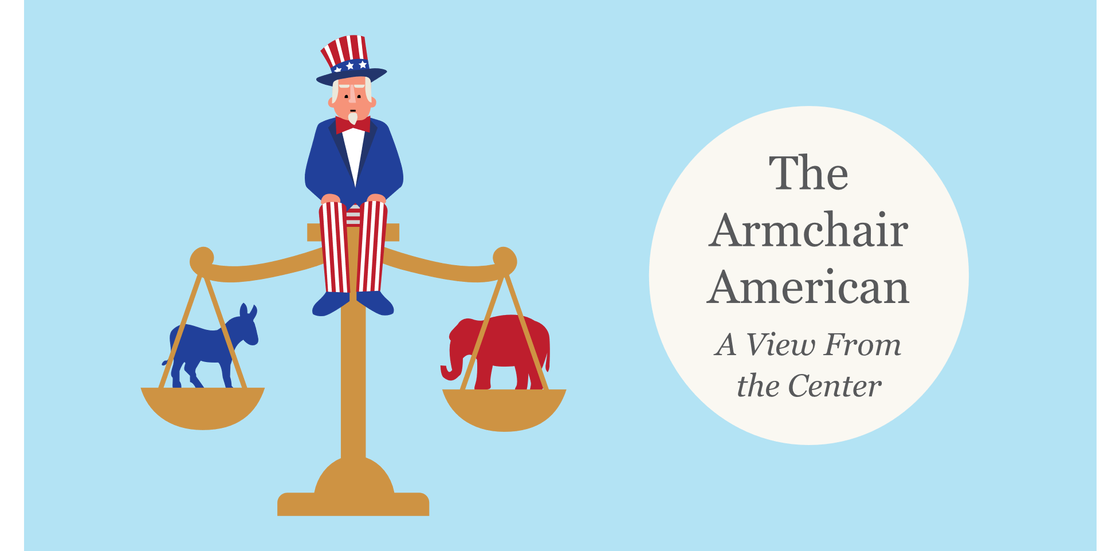
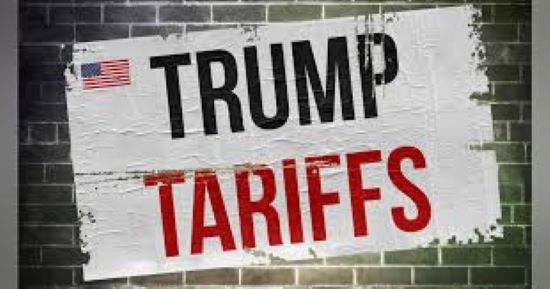

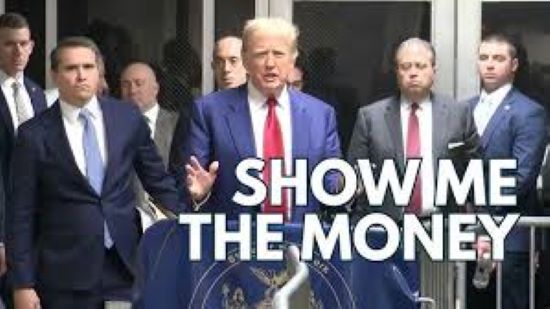

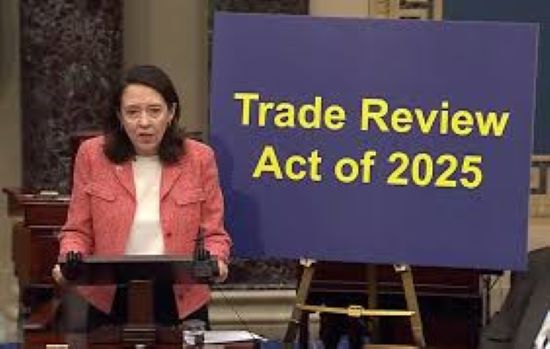
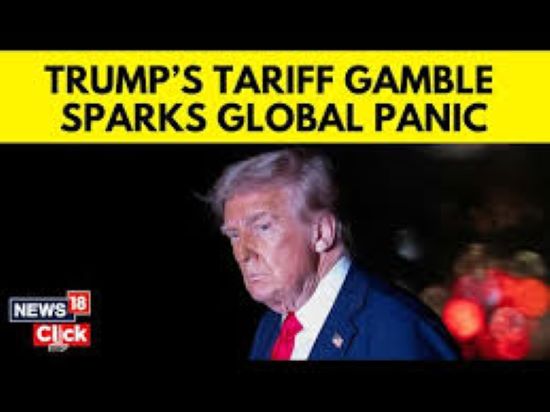
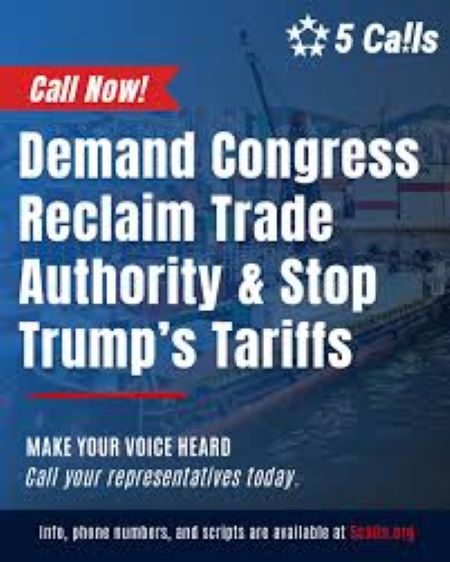
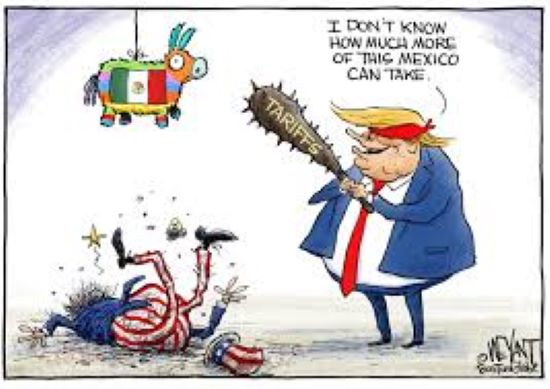

 RSS Feed
RSS Feed